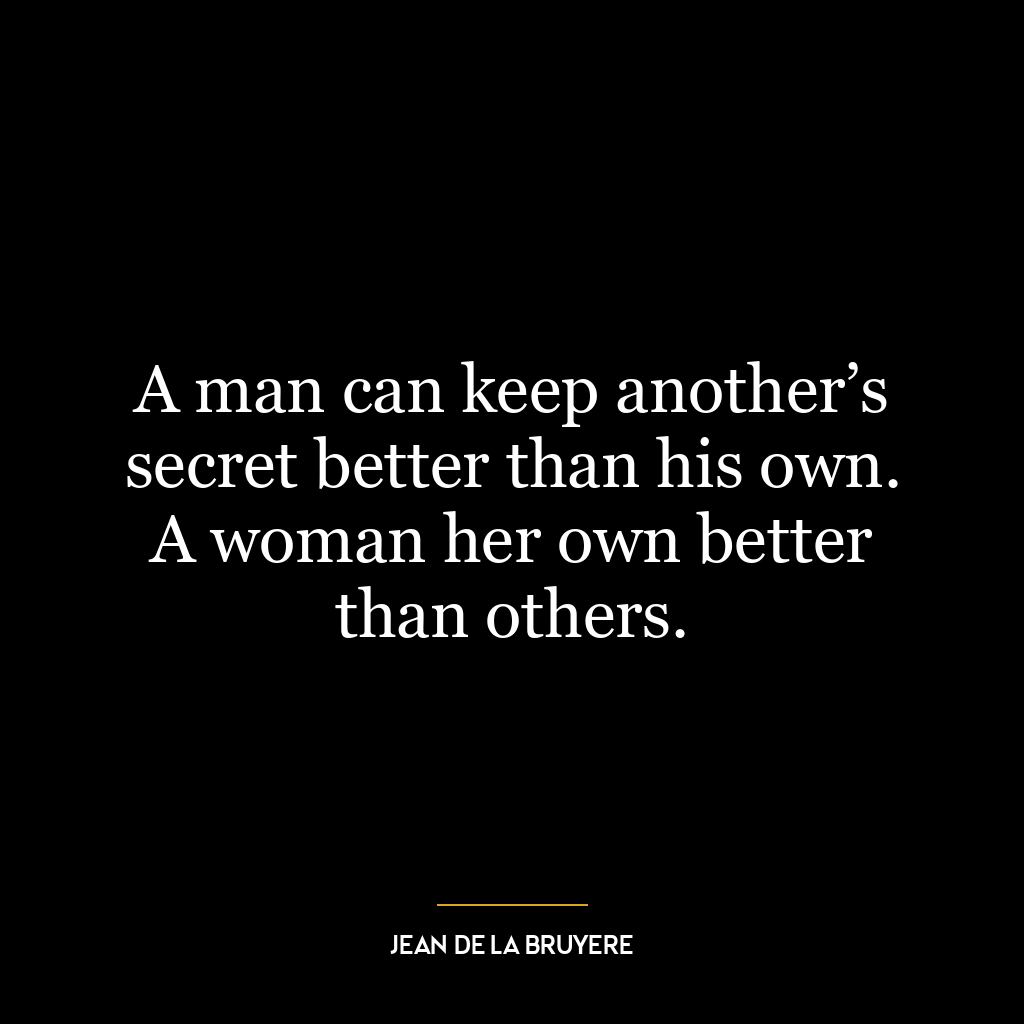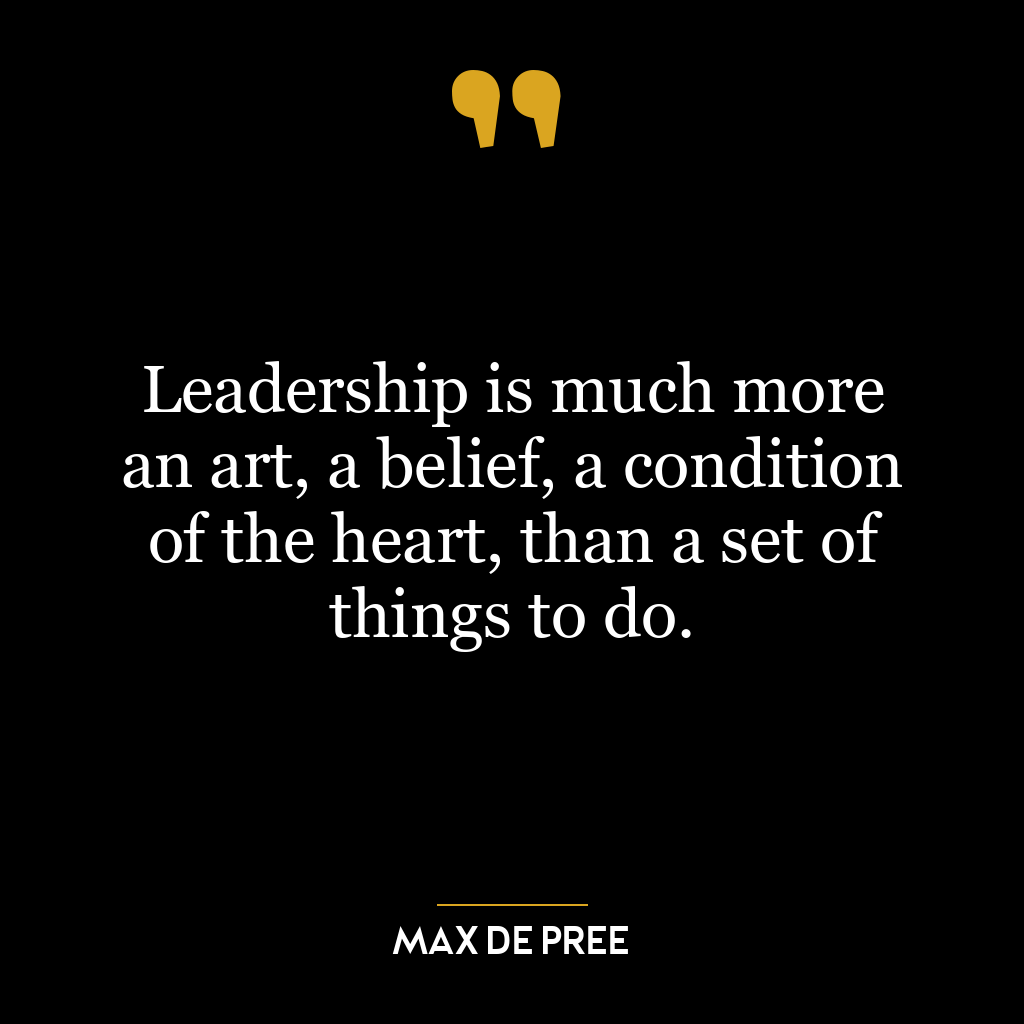This quote suggests that for minor, day-to-day decisions, it’s best to rely on our rational, thinking mind. This could include decisions such as what to eat for breakfast, which route to take to work, or how to organize a to-do list. These decisions are typically straightforward and don’t carry significant emotional weight, hence the mind, with its capacity for logic and analysis, is well-suited to handle them.
However, when it comes to larger, more impactful decisions, the quote advises us to trust our heart. These decisions might involve matters of love, career paths, or significant life changes. These decisions often carry a significant emotional component and can deeply affect our happiness and well-being. In these cases, it’s important to listen to our emotions and intuition, or our “heart,” as these can provide valuable guidance that pure logic may miss.
Applying this idea in today’s world or in personal development might mean learning to distinguish between small and large decisions and understanding which ‘tool’ to use for each – the mind or the heart. For example, when choosing a career path, one might logically analyze the job market, salary potential, and job duties (using the mind). However, it’s also important to consider how passionate one feels about the work, how it aligns with one’s values, and whether it brings a sense of fulfillment (using the heart).
This balance between mind and heart can lead to more holistic decision-making. It acknowledges that humans are not purely rational beings; our emotions and intuitions play a crucial role in our lives and can often guide us towards choices that lead to true happiness and satisfaction.
In terms of personal development, this quote suggests that a key aspect of growth and maturity is learning to trust both our mind and heart, and understanding when to use each. This can lead to more balanced, fulfilling decisions that align both with our logical understanding and our emotional needs and desires.








